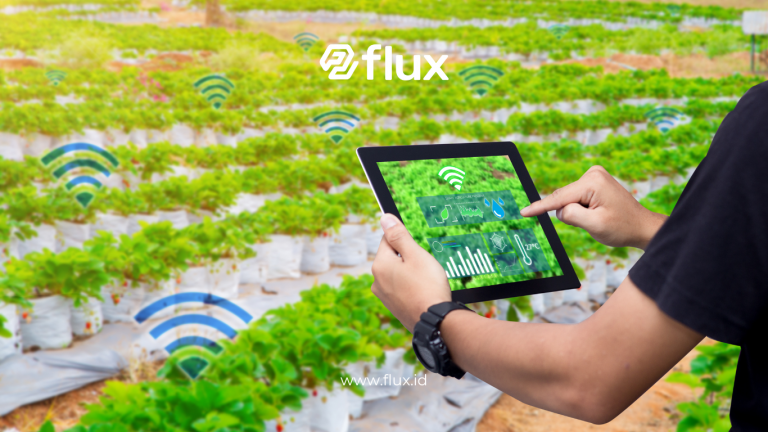Don't miss our holiday offer - 20% OFF!

Read also : Energy Efficiency in Hospitals: Implementing IoT for Sustainability
The concept of smart cities is rapidly evolving worldwide, aiming for efficiency, sustainability, and improved quality of life through the utilization of cutting-edge technology. One crucial aspect of smart cities is the use of Internet of Things (IoT) to collect data and take actions that enable cities to function more efficiently as a whole. Key components of IoT infrastructure in smart cities are sensors that support sustainability and energy efficiency. In this article, we will explore these IoT sensors and their vital role in creating sustainable smart cities.
Contents
Air Pollution Sensors

Read also : How Air Pollution Sensors Work in Smart Cities
One of the major challenges in smart cities is maintaining good air quality for their residents. Air pollution sensors are integral to this system. They can detect concentrations of various air pollutants such as particulate matter, nitrogen oxides, carbon monoxide, and more. With accurate data from these sensors, cities can take swift actions to reduce air pollution, such as adjusting traffic or warning residents about high pollution levels.
Energy Usage Sensors

Read also : Automated Parking Concept: Smart Solution for Availability
Energy efficiency is a primary focus in smart cities. Energy usage sensors are used to monitor energy consumption in various buildings and facilities. They can track electricity, gas, and water usage in real-time. With this data, cities can identify potential energy wastage and take measures to reduce it. This can include smarter HVAC system scheduling, well-programmed street lighting, and much more.
Water Usage Sensors

Read also : Water Sensor Tech: Predicting and Preventing Flood Disasters
Water is a vital resource in daily life, and managing it wisely is a key aspect of sustainable smart cities. Water usage sensors help cities monitor and manage water consumption throughout the urban area. They can detect leaks or abnormal usage, enabling more efficient maintenance and water conservation.
Parking Sensors

Read also : Security and Privacy in Connected Parking Systems: Challenges and Solutions
Parking issues are common in many densely populated cities. Parking sensors allow cities to manage parking more efficiently. They can provide real-time information about available parking spaces, reducing the time spent searching for parking and decreasing air pollution caused by cars circling in search of spots.
Waste Management Sensors

Read also : Security and Preparedness Enhanced by Smart EWS Technology
Efficient waste management is essential for maintaining cleanliness and sustainability in a city. Waste management sensors can monitor trash receptacle capacity and provide information when bins need to be emptied. This allows for more efficient trash collection and reduces emissions from waste collection vehicles.
Conclusion

Read also : IoT and Smart Cities: Envisioning Sustainable Urban Areas
IoT sensors play a crucial role in creating sustainable and energy-efficient smart cities. They help collect the necessary data for intelligent resource and environmental management. By leveraging these sensors, smart cities can become more comfortable, sustainable, and energy-efficient places for their residents. As technology continues to evolve, the role of IoT sensors in smart cities will become increasingly vital for the future of sustainable urban living.





